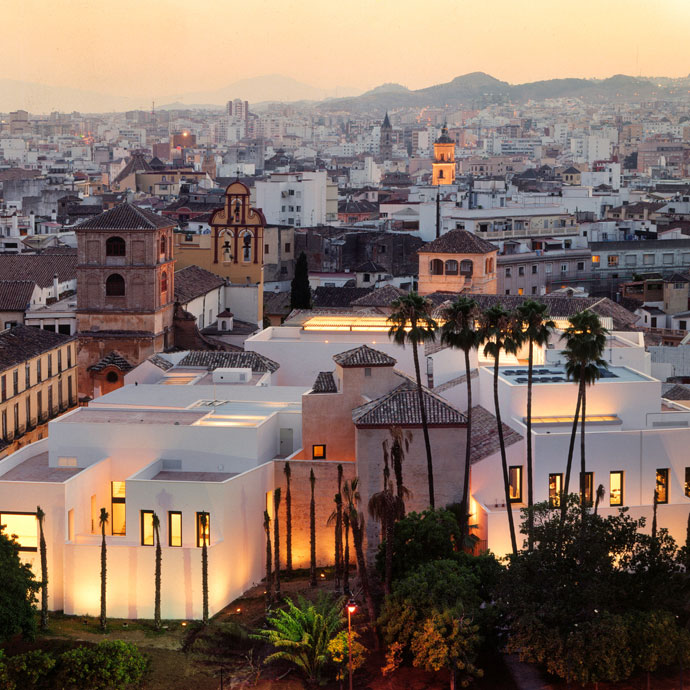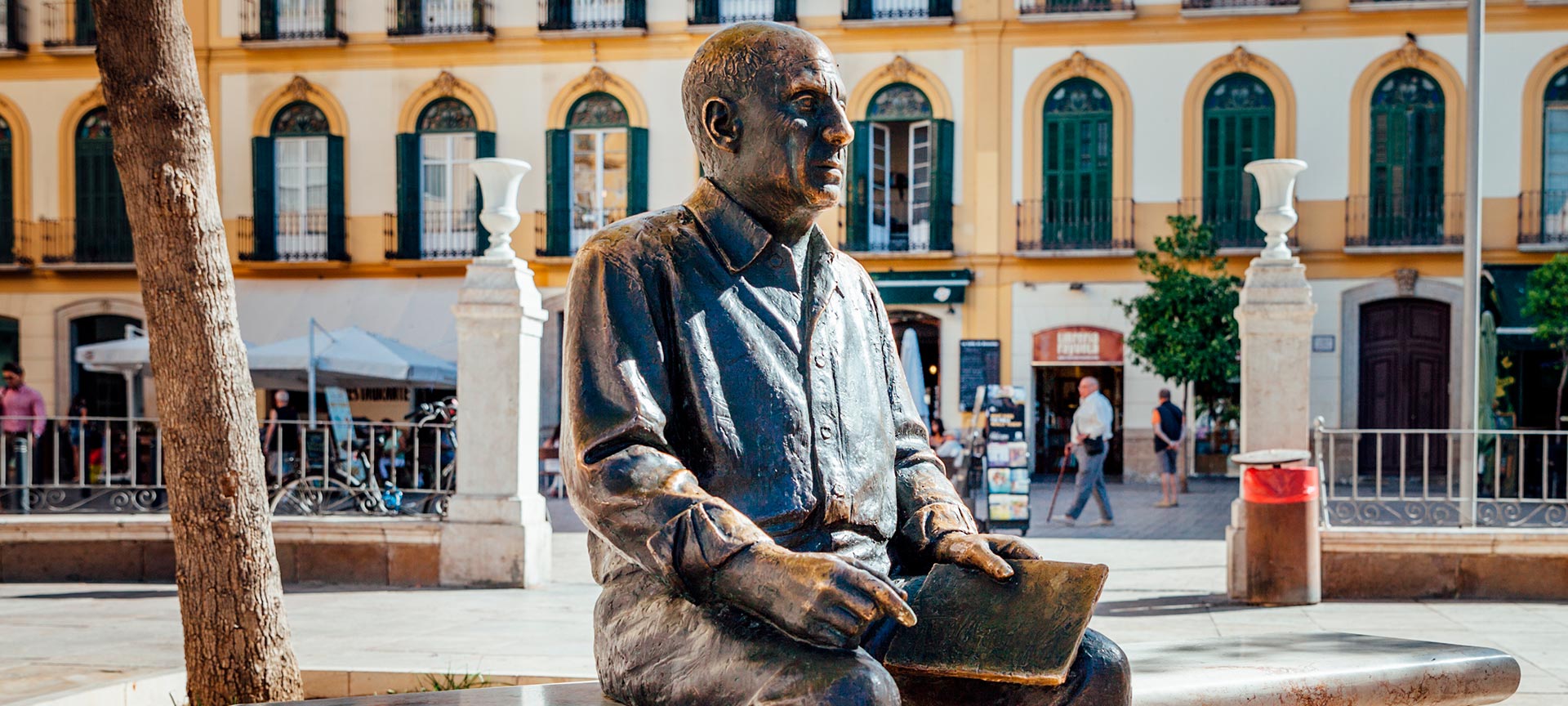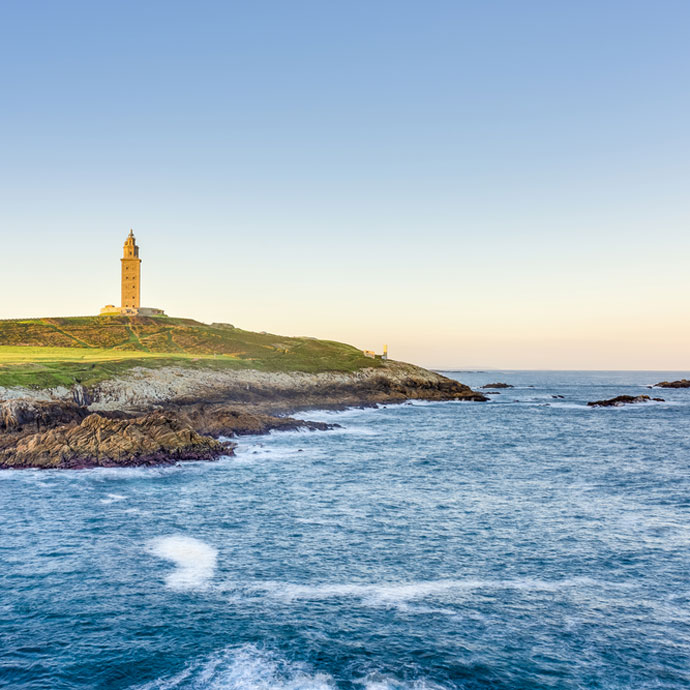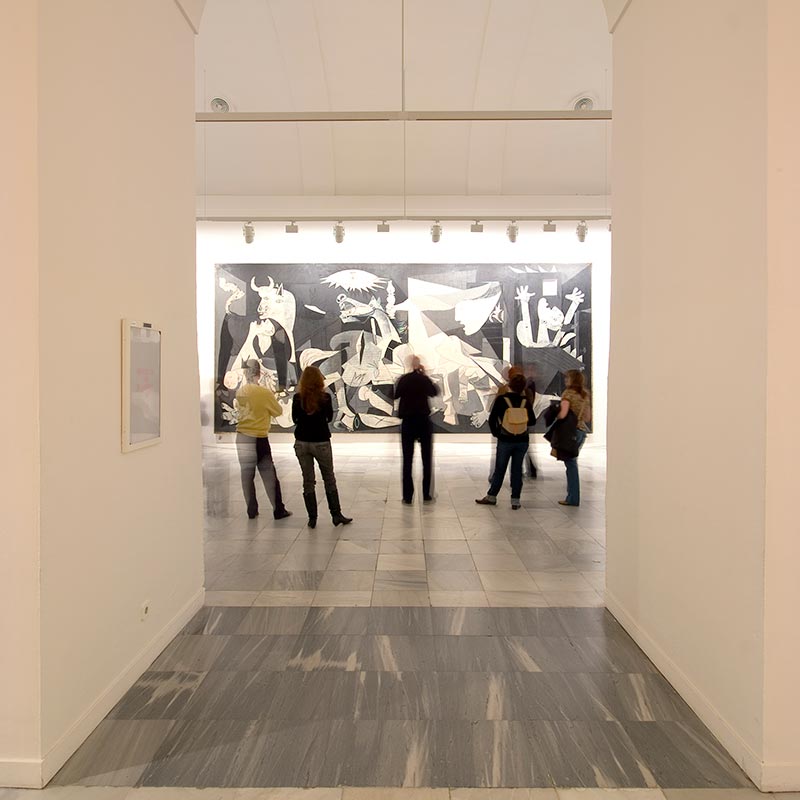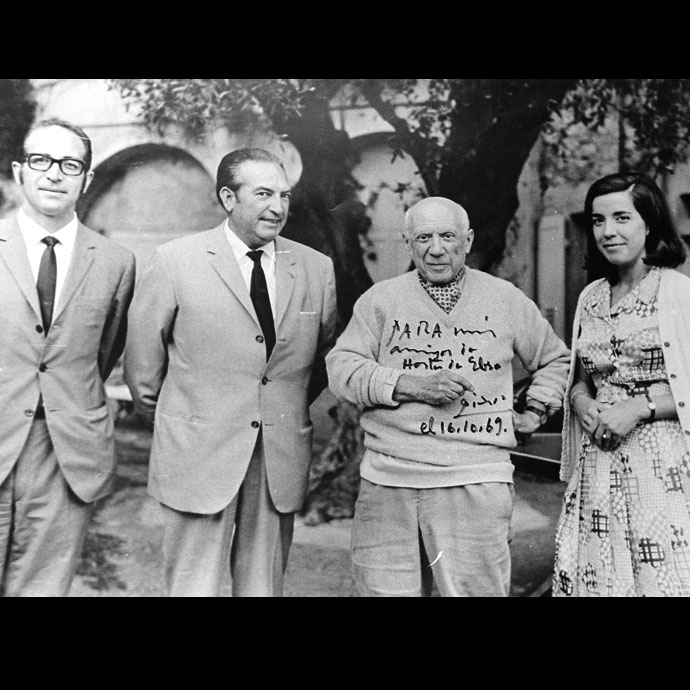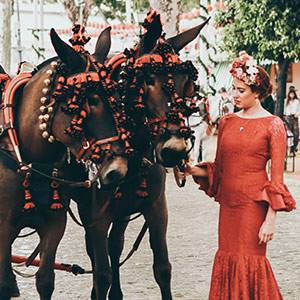It all began in Malaga
On 25 October 1881, Pablo Picasso was born in Malaga (Andalusia), where he spent his childhood.Nowadays, the city of Malaga is one of the best places to learn about the artist, because you can visit both the Museo Picasso Málaga (featuring works such as “Olga Khokhlova in Mantilla”, “Still Life with Skull and Three Sea Urchins” and “Jacqueline Sitting”) and the Picasso Birthplace Museum. Both places frequently hold temporary exhibitions and in the Birthplace Museum you can also objects that belonged to the artist and his family, and sketches for Les Demoiselles d'Avignon.To round off the Picasso route through the city you can also stop by the Church of Santiago where Picasso was christened.
